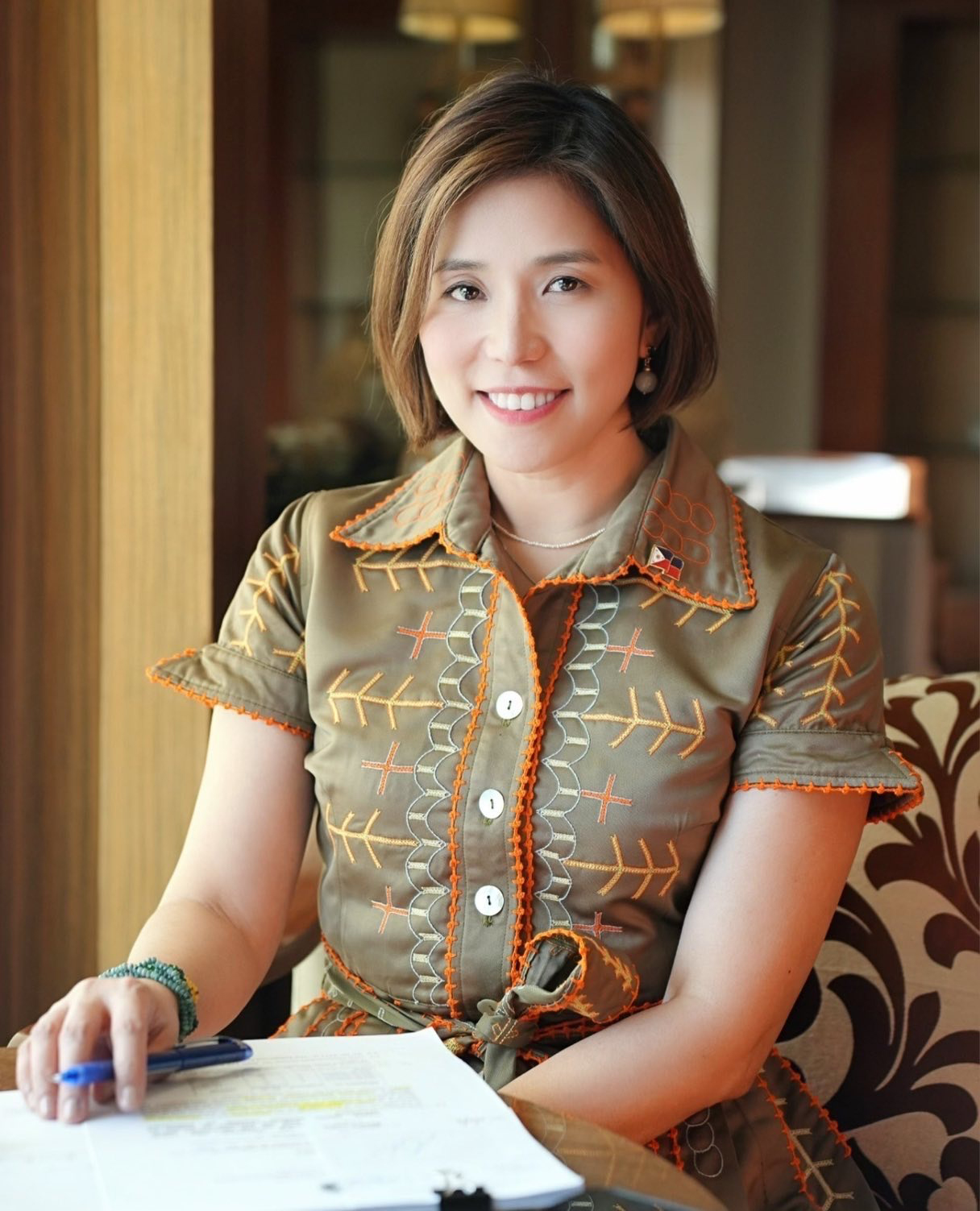BEYOND BUDGET

Assalamu alaikum wa Rahmatullahi wa Barakatuh.
Last Sept. 27 marked a milestone for our country, as we became the recipient of the first-ever partnership in health in the Asia Pacific Region of the Japan International Cooperation Agency (JICA), the Korea International Cooperation Agency (KOICA), and the United States Agency for International Development (USAID) — the signing of the Memorandum of Cooperation (MOC) committing ₱1.6 billion ($29 million) to advance primary health care in one of the most vulnerable areas in our country, the Bangsamoro Autonomous Region in Muslim Mindanao (BARMM).
The World Bank’s Health Financing System Assessment’s 2019 Household Survey reported poor health outcomes in the Bangsamoro region. For instance, stunting is more prevalent for children under age five, with nearly 40 percent of stunted children compared to one-third throughout the country. The assessment further revealed that “less than half of pregnant women attended the recommended four antenatal visits compared to 86.5 percent nationally.”
Closing this health gap is indeed an endeavor where our development partners’ help is most welcome. Thus, I am happy to note that the MOC will establish a framework for collaboration and coordination that leverages collective expertise, maximizes optimal usage of resources, and prevents duplication of efforts to enhance program impact and efficiency, especially in improving health information systems, public health financing, public health practices, healthcare services, and access to essential medicines.
With the Department of Health, BARMM’s Ministry of Health, and local communities, our development partners will identify and conduct activities in areas of common interest to advance health system reforms and initiatives and to provide a conducive environment for implementing programs for tuberculosis, family planning, safe motherhood, maternal newborn child health and nutrition, and global health security programs, among others. They will also share information and jointly develop reporting, monitoring, and evaluation mechanisms to assess the progress and overall impact of the health initiatives under the MOC. These are on top of the existing forms of assistance they have provided and will continue to extend to BARMM. It took effect on Sept. 27, 2024, until 2030, and may be extended upon agreement by the MOC participants.
During the Trilateral Partnership Launch and MOC Signing Ceremony, Japanese Ambassador to the Philippines Endo Kazuya emphasized the significance of the collaboration among the three countries to enhance regional healthcare systems, focusing on maternal and newborn health services and improved nutrition, aligned with Japan’s “Women, Peace, and Security” agenda and human security efforts. He noted that these “efforts towards a more inclusive and responsive health system reflect Japan’s long-standing commitment to human security and peace-making efforts within the BARMM.”
And, as President Ferdinand R. Marcos Jr. highlighted in his International Women’s Day Message on March 8, 2024, “Women are front and center in ushering transformation and growth.” I believe that this initiative is also in response to his call for all, including our development partners, to “join the cause of bridging inequality and the gender gap and ensuring that women are provided with equal access to education, governance, leadership roles, economic opportunities, health care, and all other opportunities.”
Indeed, this MOC will support our continuous pursuit of equitable, efficient, and sustainable access to health services for the residents of BARMM, especially for women and girls, as part of the laid-down peace and development agenda. And as a Maranao and proud daughter of Mindanao, I vow to fully support the initiatives under the MOC, which not only enhance healthcare for mothers and children but also advance peace and security through women's empowerment.
On the part of the government, we have already invested almost ₱9 billion for the Normalization Program in BARMM over the past decade. For FY 2025, financial assistance for BARMM, including its Annual Block Grant, will reach ₱94.4 billion, marking a 17 percent increase from this year’s allocation, hence more funding for the region’s programs and projects. Moreover, nationally-funded programs such as the Health Facilities Enhancement Program and the Pantawid Pamilyang Pilipino Program also aim to improve health outcomes in the region.
To this end, I concur with BARMM Health Minister Kadil Sinolinding, Jr. that “by working together, we can amplify our collective action, enhance our efficiency, and ensure that every peso, dollar, won, and yen invested shall translate to tangible improvements in people’s health and quality of life.”
Beyond budget, the MOC of JICA, KOICA, and USAID is a valuable complement to our synergized efforts to achieve health equity and women's empowerment in BARMM. Thus, we thank our development partners for the initiative. On our part, rest assured that we will stay true to our goal of helping every woman in BARMM unlock her full potential as a partner in the country’s development. I also encourage everyone to join hands, because when we create a healthier, more equitable, and more prosperous Bangsamoro, where women can be active participants, we also build a stronger Bagong Pilipinas.
(Amenah F. Pangandaman is the Secretary of the Department of Budget and Management.)